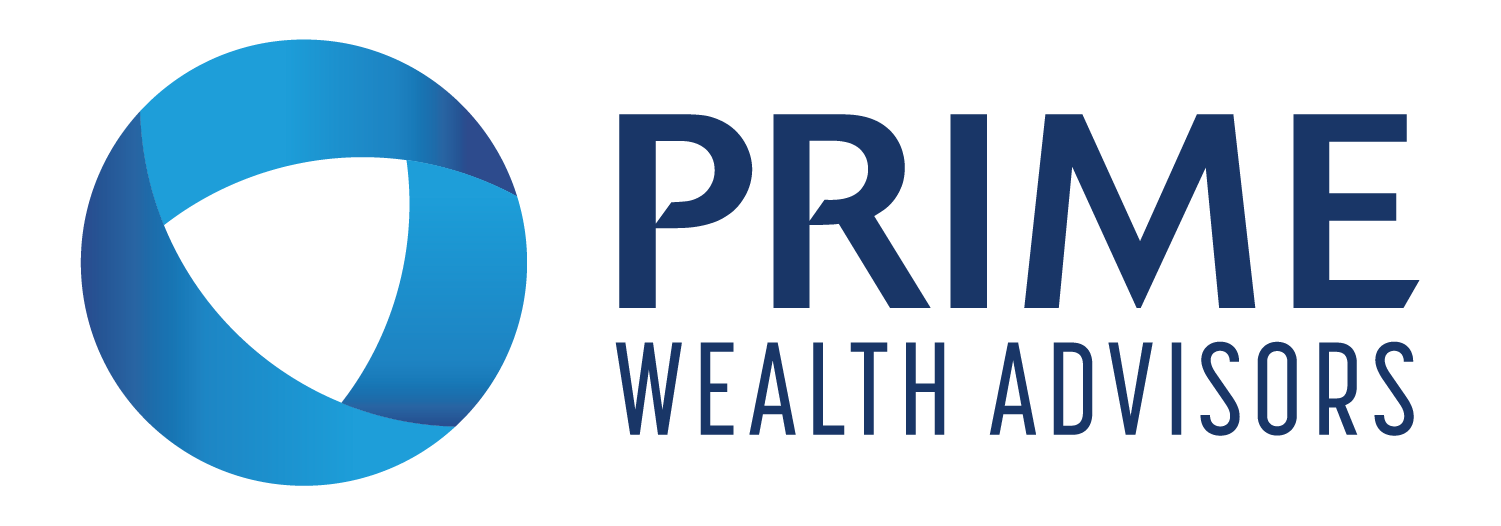It’s a new year, and with it comes new challenges for Americans attempting to manage their retirement assets. While this is always a challenging task, 2023 may offer some particular hurdles thanks to the continued rise in interest rates, high inflation, an uncertain economic outlook, and the continued fallout from the global COVID-19 pandemic.
Looking for some answers? Here are several tips for those facing the immediate prospect of retirement.
Consider delaying. Current conditions may arguably make 2023 the worst year for retirement since the Great Recession. If you had plans to retire this year, you might consider putting those plans on hold if you’re in good health. This will help ensure that your Social Security checks – once they do come – are higher than ever when adjusted for inflation. If you must retire immediately though, consider tapping other sources of retirement income, like savings or 401K plans before you apply for social security benefits.
Consider the effects of inflation. Traditionally, financial advisors told those planning a retirement to bank on two to three percent annual inflation rates to estimate how their budget will evolve over the decades of their retirement. These figures today seem somewhat laughable with inflation at a 40-year-high. (Most recent figures peg inflation at about seven to eight percent.) Be sure you’re adjusting your retirement plans for these higher inflation rates. While inflation is unlikely to remain at these record highs for long, it may be a long time (if ever) that it returns to as low as two percent.
Don’t underestimate the cost of healthcare. It’s no secret that healthcare in the United States is expensive. Even with the ability to enroll in Medicare at age 65, the average couple can expect to spend a significant amount of money on premiums and things that aren’t covered by Medicare. In fact, financial advisor Fidelity has estimated that a typical American couple will spend $315,000 on other health care costs like copays, additional premiums, and other uncovered medical expenses during their retirement years – an increase of $15,000 from just the year before. Many people, when planning their retirement, fail to consider the high costs of healthcare, particularly as aging leads to more health problems. It’s worth planning now with regard to how you will pay for healthcare, and how programs like COBRA or the Affordable Care Act can help bridge the gap.
Consider employment after retirement. If you have significant retirement funds, you may be lucky enough to sail off into the sunset and travel the world or engage in your favorite activities upon retirement. For others, part-time work will become necessary to make ends meet and savings stretch further. It’s a good idea to explore part-time work before you retire – while your skills are still sharp and your contacts are still fresh. Perhaps you can consider doing some part-time consulting or taking on an occasional one-off project.
Talk to a retirement expert. Arizona-based Prime Wealth Advisors is a full-service tax, retirement planning, estate, and wealth management firm that can craft a robust retirement plan that will cover you and your spouse. Call 623.77.PRIME for more information.

